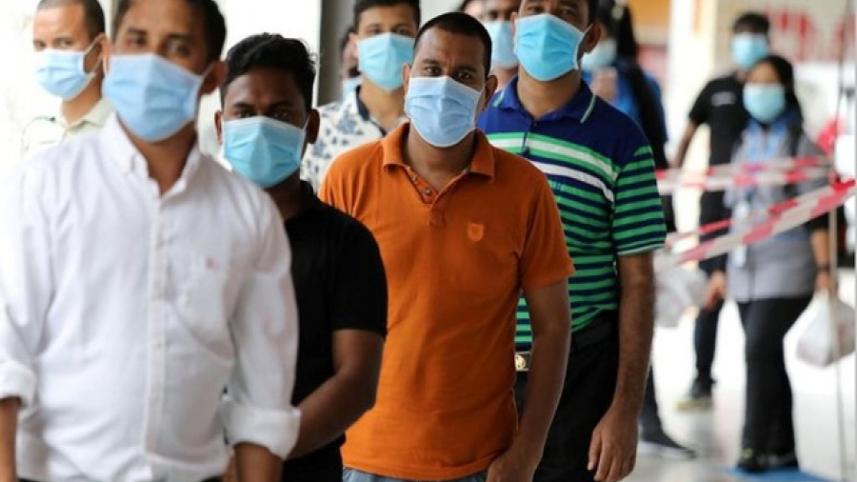Disclose details of MoU on Malaysian recruitment

We fully support the call by the Bangladeshi and Malaysian chapters of Transparency International (TI) for disclosure of the contents of the memorandum of understanding (MoU) signed between the two governments on December 19, 2021 on the recruitment of Bangladeshi workers in Malaysia. In a joint press release issued on Tuesday, the two chapters urged the governments to make the details available for public scrutiny and to ensure the recruitment process is not held hostage to the "evil designs of powerful syndicates". Earlier, we were told that the MoU had outlined how Malaysia would select Bangladeshi recruiting agencies through an online system from the list provided by Bangladesh. But the call for full disclosure has yet to yield results.
The bone of contention here is the potential syndicated capture of the recruitment process by a vested group of Bangladeshi Recruiting Agencies (BRAs) in collaboration with their Malaysian cohorts. The possibility of syndication was raised following a January 14 letter from Malaysia's human resources minister that had stressed on the involvement of 25 "main" agents and 250 subagents from Bangladesh. Even though Bangladesh's expatriates' welfare minister, in his reply, stressed on allowing all authorised recruiting agencies in the hiring process, many suspect that a compromise may be reached for the sake of reopening Malaysia's labour market for our workers. But we cannot be sure since we don't have details of what exactly was agreed upon in the December 19 memorandum.
Malaysia banned recruitment from Bangladesh in 2018 against the backdrop of allegations of corruption and irregularities, including the high recruitment costs and forced labour. It has been alleged that the entire process of sending manpower to Malaysia was in the hands of only 10 companies, who eliminated competition from all others and thereby effectively controlled the fate of aspiring migrants. If a similar syndicated capture is allowed now, we might see a repeat of the 2018 scenario somewhere down the line.
It's natural that Malaysia would like to protect its interests as Bangladesh would like to protect its own. But this doesn't have to be mutually exclusive. Whatever led to the Malaysian preference for syndication, the best answer to that would be to restore confidence by ensuring greater transparency and accountability at every stage of the recruitment process, which will eventually protect the interests of both workers and employers. We, therefore, urge both governments to disclose the terms and conditions of their memorandum. Their silence, as the TI chapters said, is contradictory to their commitments to control corruption and ensure public access to information. The migration of Bangladeshi workers to Malaysia is in the national interest of both countries, so both should attach highest priority to preventing secrecy and corrupt practises around this mutually beneficial sector.



 For all latest news, follow The Daily Star's Google News channel.
For all latest news, follow The Daily Star's Google News channel.
Comments